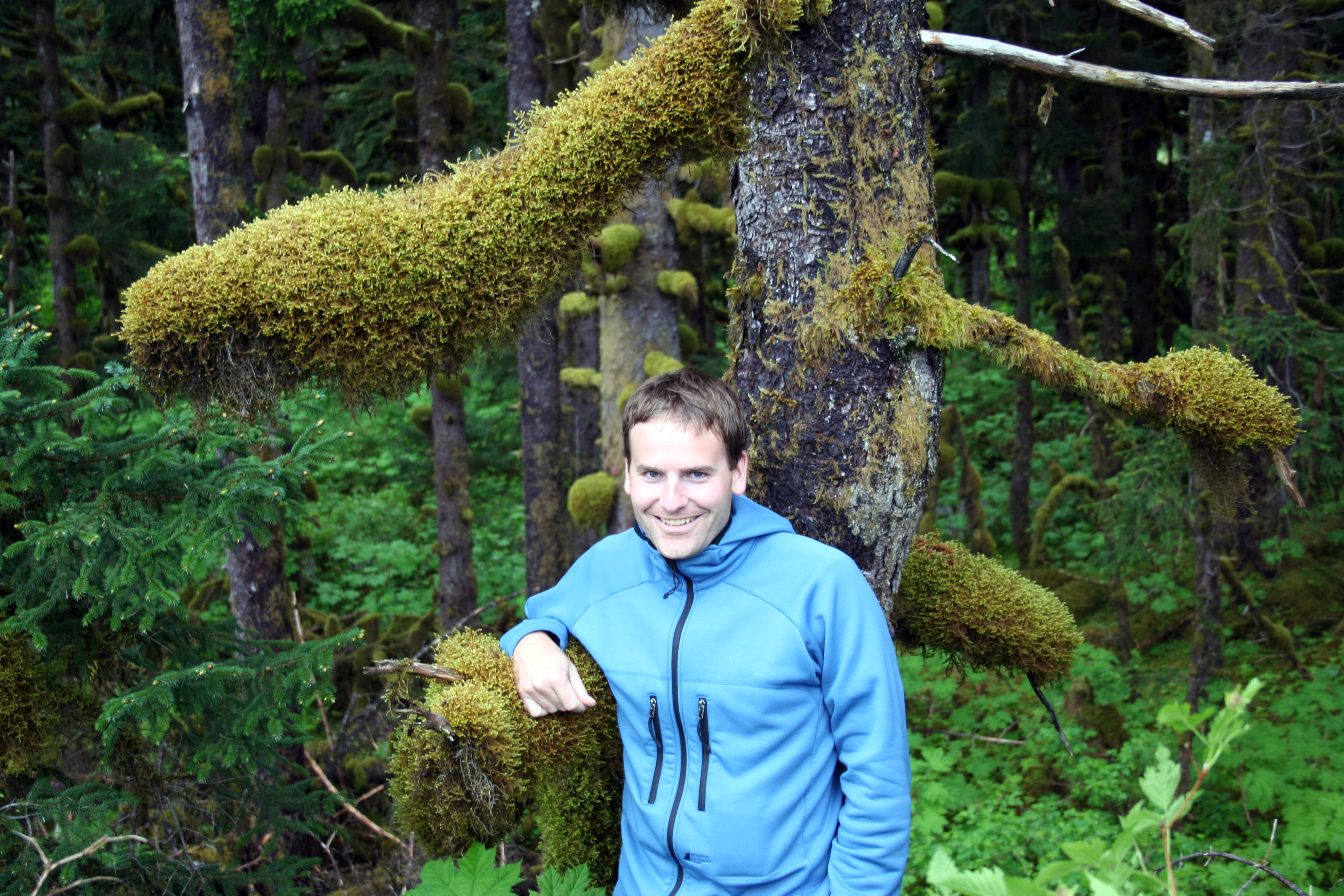Forest researcher awarded NSF early career grant

Jason Holliday of Blacksburg, Va., assistant professor of forest genetics and biotechnology in Virginia Tech’s College of Natural Resources and Environment, is using a $1.5 million Faculty Early Career Development Program grant from the National Science Foundation to gain insight into how tree populations adapt at the genomic scale as a result of climate change.
“Winter dormancy is a hallmark of northern tree species that enables them to survive the freezing and dehydration stresses of winter,” said Holliday. “Although forest tree populations are well adapted to their local environments at present, climate change is substantially altering adaptive landscapes and is expected to lead to widespread maladaptation of tree populations to their seasonal temperature regimes.”
Holliday has extensive experience in this area, having employed similar genomic tools to study local climatic adaptation in Sitka spruce, a western U.S. species. The current study, in collaboration with colleagues from the University of Florida and the University of Alberta, will extend this work in black cottonwood, a species that is ideal for such a study and is widely distributed throughout the western United States.
The genomic analysis will be used to inform our understanding of climatic adaptation in two related species that are also widespread in the United States — trembling aspen and eastern cottonwood. Together with black cottonwood, these three species and their hybrids are expected to be important feedstocks for the production of ethanol from woody biomass, owing to their rapid growth on marginal lands unsuitable for agriculture. The research will provide a link to practical breeding applications to optimize the productivity of poplar planting stock in a changing climate.
In collaboration with Assistant Professor and Extension Specialist John Munsell, Holliday will also develop investigative field workshops as part of Virginia’s Link to Education About Forestry program. Landowners, practitioners, and students who attend will explore the relationship between climatic adaptation and seed sources, as well as the potential impacts of climate change on forest productivity.
Holliday joined the Department of Forest Resources and Environmental Conservation in August 2009. He received his bachelor’s degree in biology from the University of Victoria and his doctorate in forestry from the University of British Columbia.



.jpg.transform/m-medium/image.jpg)
